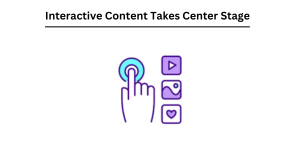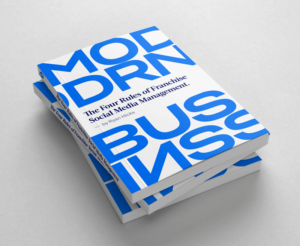As digital landscapes evolve, content marketing continues to shape how brands engage with their audiences. In 2025, staying ahead means adapting to emerging trends that redefine how content is created, distributed, and consumed. This blog explores the most significant content marketing trends that businesses must embrace to stay competitive.
AI-Driven Content Creation

Artificial Intelligence (AI) is revolutionizing content marketing. From AI-generated blog posts to automated video scripting, AI tools like ChatGPT, Jasper, and Copy.ai make content creation faster and more efficient.
AI-driven tools enable marketers to generate ideas, optimize content for SEO, and create personalized messaging at scale. Additionally, AI is being used for content repurposing, turning blog posts into social media updates, videos, and even podcasts. The ability to produce high-quality content at a rapid pace gives brands an edge in the competitive digital space.
Despite its advantages, AI-generated content still requires human oversight. Brands must ensure that AI-created content aligns with their voice, maintains accuracy, and provides value to their audience. In 2025, AI will act as a powerful assistant, not a complete replacement for human creativity.
Hyper-Personalization
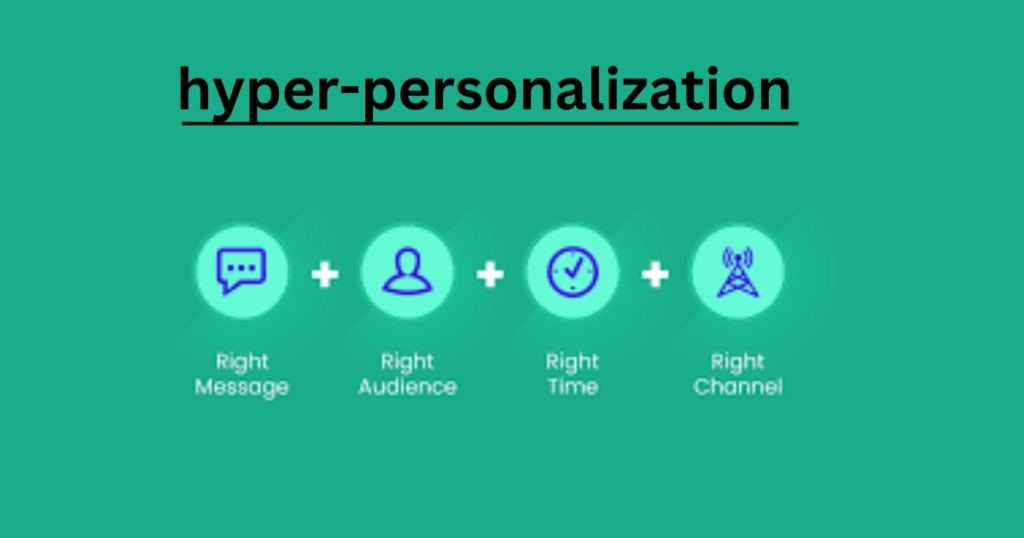
Consumers expect tailored experiences, and content marketing is no exception. AI and big data analytics enable brands to create hyper-personalized content that speaks directly to individual preferences.
Hyper-personalization goes beyond using a customer’s name in an email. It involves delivering content based on real-time behavioral data, past interactions, and predictive analytics. Businesses can create dynamic website experiences, send personalized video messages, and use AI-driven chatbots to provide customized recommendations.
For instance, streaming platforms like Netflix and Spotify have set the standard for personalized content recommendations. In 2025, brands across industries will need to adopt similar strategies to engage their audiences effectively. Personalization will drive higher conversion rates, customer retention, and overall brand loyalty.
Voice Search Optimization

As smart speakers and voice assistants become more prevalent, optimizing content for voice search has become essential. Content that answers questions concisely and features natural language patterns will perform better in search results.
In 2025, voice search will dominate how people find information. To adapt, brands must optimize content for conversational queries. This means focusing on long-tail keywords, question-based content, and structured data to increase visibility in voice search results.
Additionally, businesses must consider voice search when developing FAQ pages, blog posts, and even video content. Optimizing for “position zero” on Google’s search results (featured snippets) will also be essential, as voice assistants often pull answers directly from these sources.
Video and Short-Form Content Domination
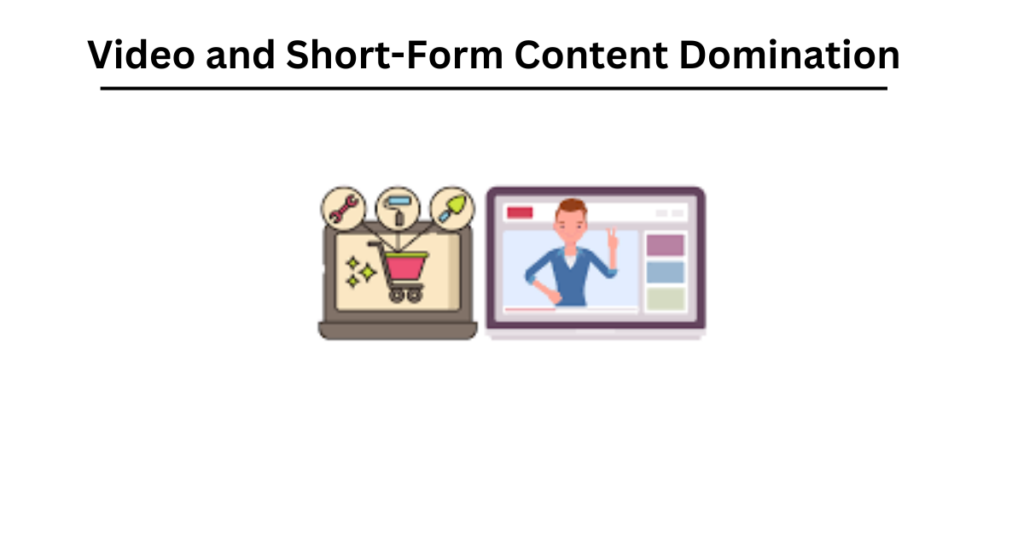
Video content continues to dominate digital platforms, with short-form videos on TikTok, Instagram Reels, and YouTube Shorts leading the way.
In 2025, businesses must invest in engaging video content to maintain audience attention and drive conversions. Consumers prefer bite-sized, visually appealing content that delivers value quickly. Brands that create entertaining and informative short-form videos will capture attention in crowded digital spaces.
Additionally, live video and interactive video content will gain traction. Live streaming allows brands to connect with their audience in real time, fostering deeper engagement. Features like shoppable videos will make it easier for consumers to purchase products directly from video content, blending content marketing with eCommerce.
Interactive Content Takes Center Stage

Static content is becoming less effective. Interactive content such as quizzes, polls, augmented reality (AR) experiences, and interactive infographics are engaging users more deeply.
Incorporating interactive elements into content marketing strategies can increase user engagement and time spent on a brand’s website. For example, real estate companies are using AR to provide virtual home tours, while eCommerce brands are leveraging interactive quizzes to personalize product recommendations.
In 2025, interactive content will be an essential tool for brands looking to create memorable customer experiences. Businesses must embrace innovation to keep their audiences engaged and invested in their brand story.
Long-Form Content for Thought Leadership

While short-form content is rising, long-form content like in-depth guides, whitepapers, and research reports still play a crucial role in establishing authority.
High-quality, informative content will continue to position brands as industry leaders in 2025. Long-form content provides in-depth analysis and solutions, making it valuable for audiences seeking detailed information.
In addition, long-form content performs well in SEO. Google prioritizes comprehensive, authoritative content that answers users’ queries effectively. Brands that invest in long-form content, combined with multimedia elements like infographics and embedded videos, will drive higher organic traffic and credibility.
Ethical and Sustainable Content Marketing
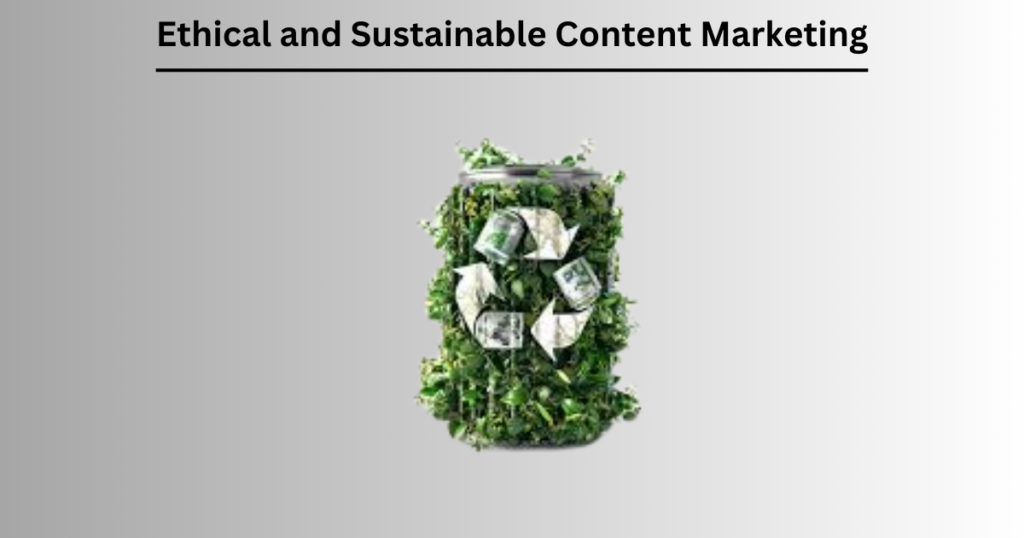
Consumers are increasingly aware of ethical business practices. Brands that create transparent, socially responsible, and environmentally sustainable content will gain customer loyalty.
In 2025, businesses must focus on authentic storytelling. Consumers can detect inauthentic marketing efforts, so brands must genuinely support causes they advocate for. Companies that prioritize inclusivity, environmental responsibility, and ethical sourcing will resonate more with socially aware audiences.
Content marketing strategies will need to align with corporate social responsibility (CSR) initiatives. Brands that use their platforms to drive meaningful change will not only build trust but also enhance their overall reputation in the digital space.
Social Commerce Integration

Social media platforms are evolving into shopping destinations. In 2025, content marketing will merge with eCommerce through in-app shopping experiences, influencer collaborations, and shoppable posts.
Instagram, TikTok, and Pinterest have already integrated shopping features, allowing users to purchase products without leaving the platform. Brands must create content that seamlessly integrates with these shopping experiences.
Influencer marketing will also play a crucial role in social commerce. Consumers trust recommendations from influencers, making them valuable partners for driving conversions. Brands that collaborate with influencers and leverage user-generated content will boost their social commerce success.
User-Generated Content (UGC) Boosts Engagement
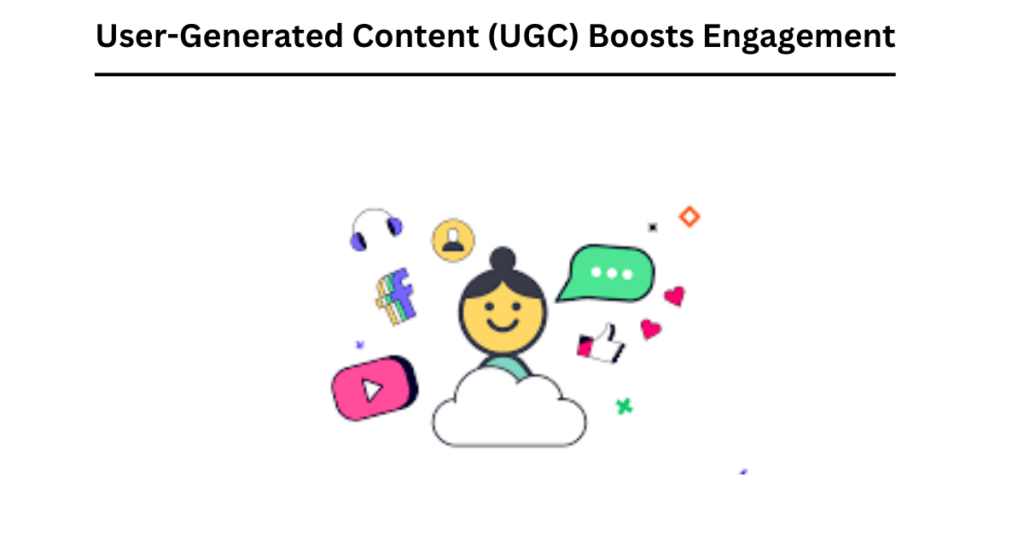
User-generated content, including customer reviews, testimonials, and community-driven content, will play a more significant role in content marketing.
UGC builds trust and credibility. Consumers trust peer recommendations more than brand promotions. Encouraging customers to share their experiences through reviews, social media posts, and video testimonials will enhance brand authenticity.
To maximize UGC, brands can launch hashtag campaigns, create contests, or feature user content on their websites. In 2025, businesses that leverage UGC effectively will foster stronger customer relationships and drive higher engagement.
AI-Powered Content Distribution
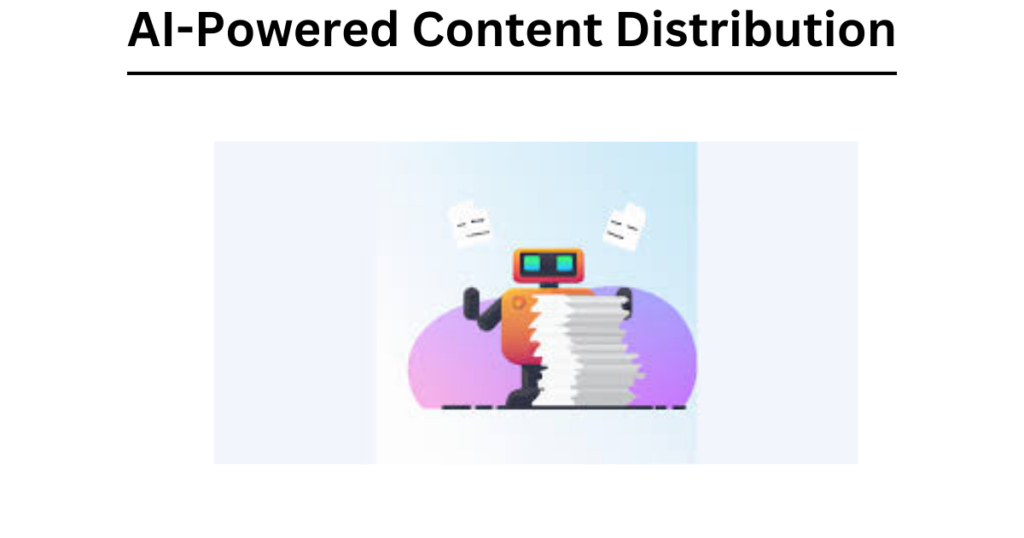
Creating great content isn’t enough—effective distribution is key. AI-driven content distribution tools will help brands identify the best platforms, timing, and audience segments to maximize reach and engagement.
AI-powered analytics tools can predict which content will perform best on specific channels, optimizing content distribution strategies. Additionally, predictive analytics will enable brands to create targeted campaigns that resonate with different audience segments.
Brands that embrace AI-driven content distribution will see improved ROI on their content marketing efforts, as they will be able to deliver the right message to the right audience at the right time.
Conclusion
Content marketing in 2025 will be more dynamic, data-driven, and audience-focused than ever. Brands that embrace AI, personalization, interactive content, and ethical marketing will stand out in a competitive digital landscape. Staying ahead of these trends will ensure long-term success in content marketing strategies.
Businesses must continuously adapt and innovate to maintain a strong digital presence. Whether through AI-powered tools, hyper-personalization, or interactive experiences, the key to content marketing success in 2025 lies in delivering valuable, engaging, and authentic content.


